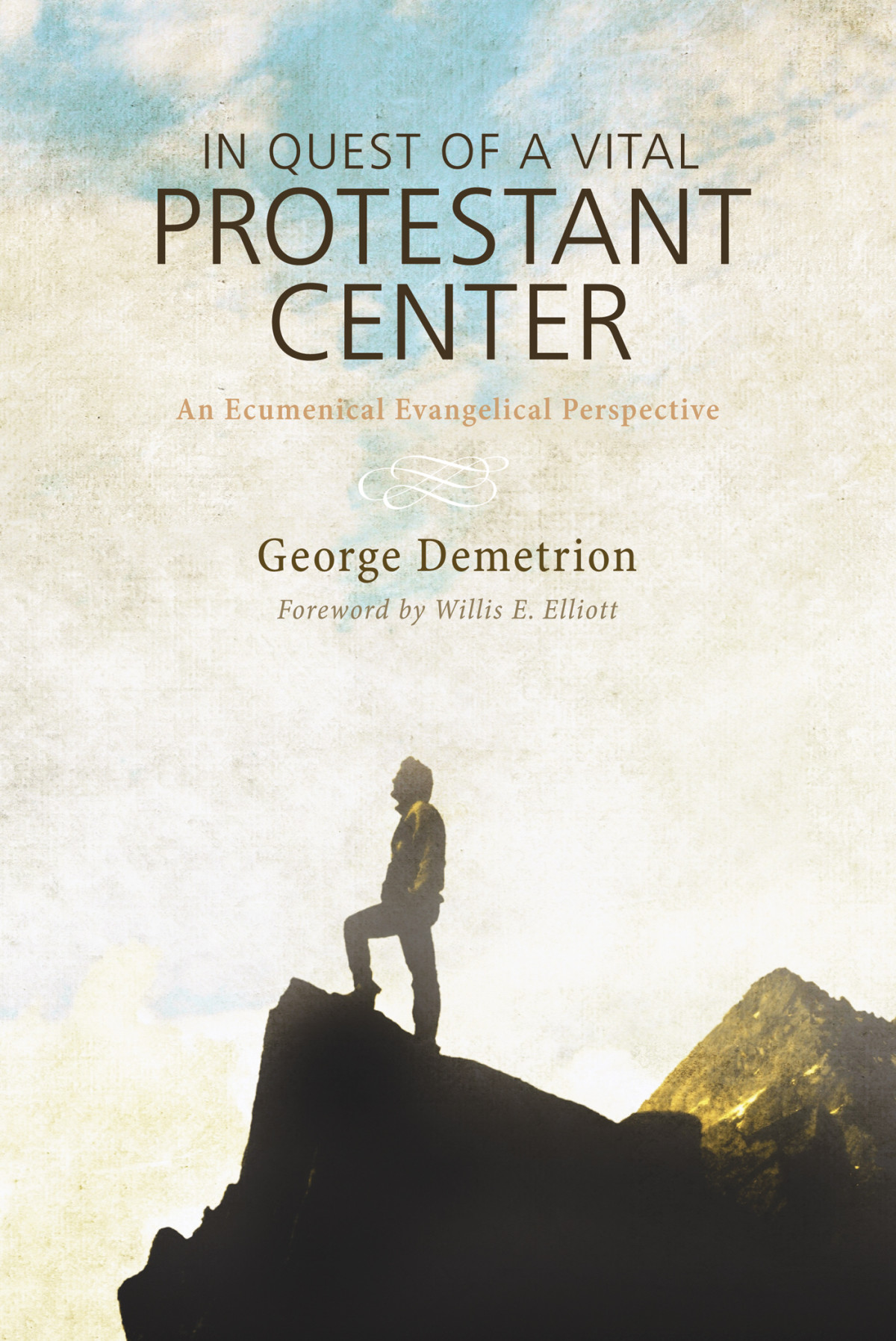

Most ebook files are in PDF format, so you can easily read them using various software such as Foxit Reader or directly on the Google Chrome browser.
Some ebook files are released by publishers in other formats such as .awz, .mobi, .epub, .fb2, etc. You may need to install specific software to read these formats on mobile/PC, such as Calibre.
Please read the tutorial at this link: https://ebookbell.com/faq
We offer FREE conversion to the popular formats you request; however, this may take some time. Therefore, right after payment, please email us, and we will try to provide the service as quickly as possible.
For some exceptional file formats or broken links (if any), please refrain from opening any disputes. Instead, email us first, and we will try to assist within a maximum of 6 hours.
EbookBell Team

5.0
68 reviewsIn Quest of a Vital Protestant Center probes the relationship between Scripture and culture in twentieth-century US theology and biblical studies. It points to the necessity of turning to what Karl Barth has referred to as "the strange new world within the Bible" for any revitalization of mainline Protestantism in the tradition of the Protestant Reformers in critical dialogue with serious evangelical theology. The study includes a historical overview underlying what Demetrion refers to as the "fundamentalist/modernist great divide" which continues to resonate powerfully in contemporary US Protestant thought and culture. Demetrion offers an in-depth exploration of four representative twentieth-century Protestant theologians and biblical scholars, spanning from the conservative evangelical theology of J. I. Packer to the postliberal dialectical theology of Walter Brueggemann. The book includes a chapter on the neo-orthodox legacy as a mediating resource in bringing evangelical and postliberal theology into dialogue with the core issues of theology, biblical hermeneutics, and religious culture. Demetrion concludes with a critically empathetic review of the postliberal dialectical theology of Douglas J. Hall and the evangelical narrative theology of Richard Lints. In linking evangelical, postliberal, and neo-orthodox theology to a common search for a vital Protestant center, this book will facilitate fruitful dialogue among divergent schools of Protestant thought and culture.
**